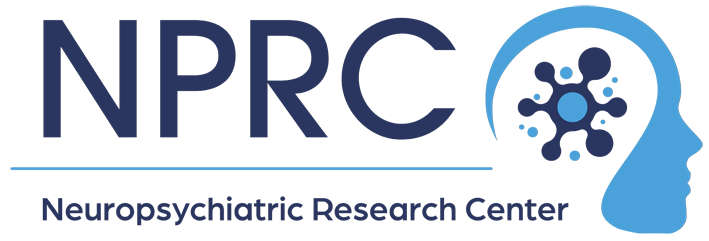According to the CDC, as more people live long enough to be at greater risk of dementia, the prevalence of Alzheimer’s disease is estimated to quadruple by 2050. Health officials believe that the rise in numbers directly results from increasing diagnosis thanks to improvements in testing. Memory screens are an essential part of the testing process. They offer a first glance into any possible memory or thinking issues that may be the beginnings of Alzheimer’s disease (AD), other dementia, or even other health issues. Every person over 65 can benefit from a memory screening, and here’s why.
What is a Memory Screen?
Memory screens are quick, simple tests that evaluate your memory and other thinking skills. The test typically has questions to answer, tasks to perform, or both that take around 10 minutes to complete. The screen results will indicate whether or not the person would benefit from a full medical evaluation. Memory screens do not diagnose any particular illness and do not replace a consultation or full assessment with your physician.
Who Should have a Screening?

If you are experiencing memory issues, are at risk for AD, or are over 65, you should have an annual screening. Mild to moderate memory loss is expected as we get older, and it can be difficult to tell what is due to age and what is not. If your memory issues concern you in any way or are interfering with your daily life, you should still have your doctor check it out. Remember, anyone can develop AD. You don’t have to have a family history or other risk category to take control of your brain health.
Why are Memory Screens Beneficial?
Issues with memory and thinking are symptoms of other conditions besides AD, so it is crucial to identify the cause. Being made aware of memory issues can help rule out any underlying health condition which many see resolved symptoms once treated. Your doctor can use your results from the memory screen as a baseline during annual monitoring to discover any changes.
If your screen results lead to a diagnosis of AD or other dementia, early intervention will allow you to play an active role in your care and life planning while you still can. You also have the opportunity to take advantage of therapies that may slow the changes made by Alzheimer’s or take part in research studies.
Free Memory Screens at NPRC

Here at NPRC, we understand the importance of early intervention for memory and cognitive issues. Our goal is to improve patients’ healthcare with Alzheimer’s and other related memory disorders through clinical research studies we conduct. To set an appointment for your free memory screen, call us at (239) 939-7777, or fill out our online form.
References:
https://www.green-hill.com/importance-memory-screenings-for-seniors/
https://alzfdn.org/about-afas-national-memory-screening-program/
https://www.homecareassistanceoshkosh.com/importance-of-memory-screening/


